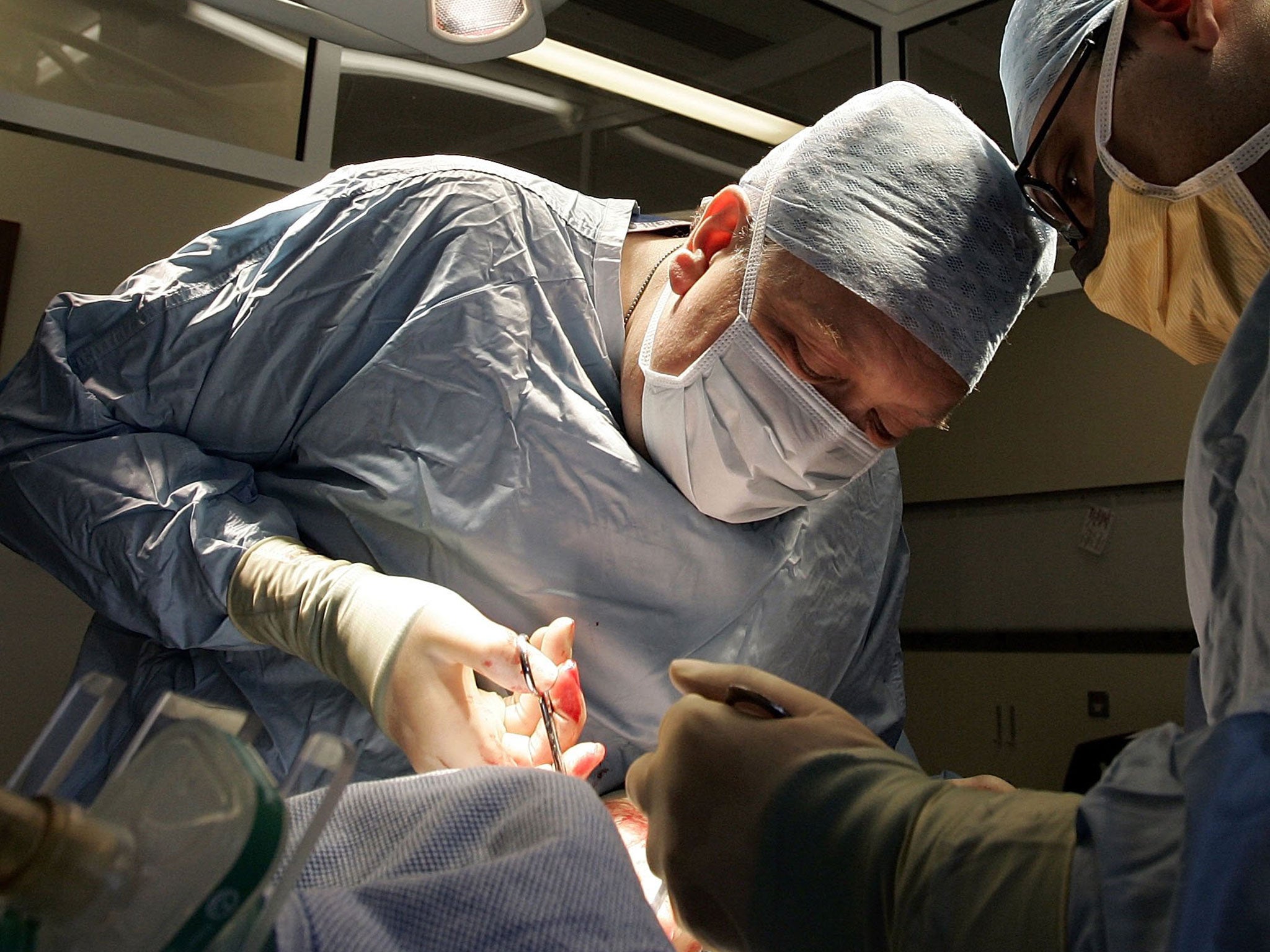Organ donor register could become opt-out as MPs vote on life-saving measure
Wales has had an opt-out system since December 2015 and it is being introduced in Scotland

Your support helps us to tell the story
From reproductive rights to climate change to Big Tech, The Independent is on the ground when the story is developing. Whether it's investigating the financials of Elon Musk's pro-Trump PAC or producing our latest documentary, 'The A Word', which shines a light on the American women fighting for reproductive rights, we know how important it is to parse out the facts from the messaging.
At such a critical moment in US history, we need reporters on the ground. Your donation allows us to keep sending journalists to speak to both sides of the story.
The Independent is trusted by Americans across the entire political spectrum. And unlike many other quality news outlets, we choose not to lock Americans out of our reporting and analysis with paywalls. We believe quality journalism should be available to everyone, paid for by those who can afford it.
Your support makes all the difference.Organ donation could become an opt-out system in England after an upcoming parliamentary vote on the issue.
Currently, people must join the NHS organ donor register or tell a close friend or family member of their wishes before their organs can be given to another person in the event of their death.
But a new parliamentary bill to change the system so that every person is treated as a potential organ donor unless they say otherwise will be announced by Labour MP Geoffrey Robinson next week.
Wales has had an opt-out system since December 2015 and the new rules are being introduced in Scotland, where a government consultation found 82 per cent of people were in favour of the move.
MPs are set to vote on Mr Robinson’s proposals this autumn after his bill came sixth in an annual ballot allowing 20 MPs to put forward their own laws for debate.
Private member’s bills, as they are known, have led to the passing of some significant acts in the past, including the abolition of the death penalty.
A debate on whether England should introduce an opt-out system was led by Dan Jarvis, another Labour MP, on Thursday.
He gave the examples of nine-year-old Max Johnson, who has been waiting for a heart transplant for six months, and Joe Dale, 16, whose parents agreed to donate his organs after he died of a sudden asthma attack.
Max, who has a condition that enlarges the heart and can be life-threatening called cardiomyopathy, is being kept alive by a mechanical pump in his chest.
Mr Jarvis said the new rules “could offer the public three clear options: first, to register their wish to be a donor by opting in to the system; second, to register their wish not to be a donor by opting out; third, to have their consent to donation deemed by taking no action”.
Writing in a blog published on Politics Home, he added: “The evidence from Wales suggests that the availability of these three options is increasing the number of organs available for donation and, as a result, saving lives. It is now time that we in England adopt a similar scheme and begin to save more.”
The NHS has warned there are still too few people on the organ donor register, with just 62 per cent giving their consent to use their organs for transplant.
Last year, organs were donated by 1,413 people after their death, an increase of 3.6 per cent from the year before, according to the health service. The most commonly-donated organ was the kidneys, followed by the liver and heart.
However, 457 patients still died in need of an organ and NHS Blood and Transplant estimated that if the rate of consent increased to 80 per cent, more than 1,000 additional transplants would take place across Britain each year.
Join our commenting forum
Join thought-provoking conversations, follow other Independent readers and see their replies
Comments